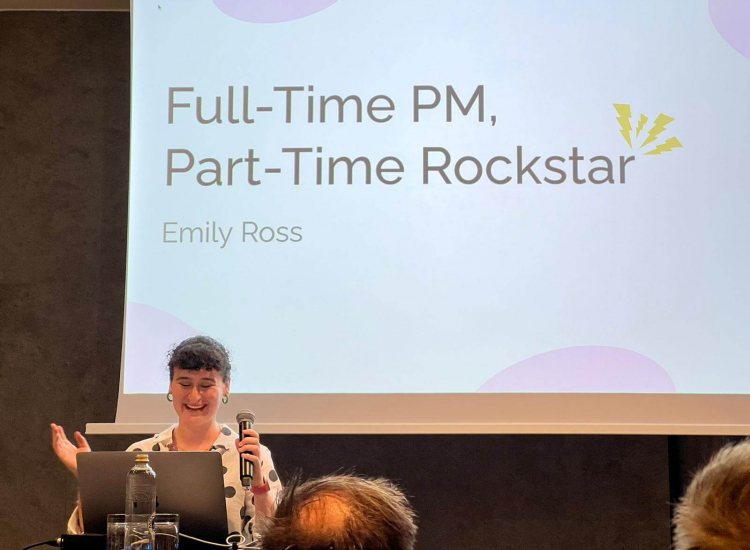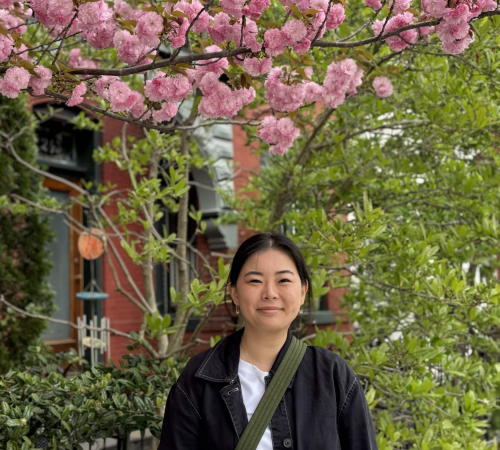Twenty Years On: Social and Emotional Learning Alumni Insights
Guest Blog Post by Nick Haisman-Smith, Executive Director and Co-Founder, The Institute for Social and Emotional Learning
A fiscally sponsored project of Philanthropic Ventures Foundation (PVF), the Institute for Social and Emotional Learning has, since 2009, trained over 12,000 educators worldwide to build caring, inclusive communities where empathy abounds and all people thrive. Through the launch of the SEL Impact Fund, IFSEL is expanding access to professional development and SEL curriculum for educators serving marginalized communities.
Social and Emotional Learning (SEL) is often seen as a tool primarily for helping children thrive in school: equipping them to name and manage emotions, build healthy identities, nurture positive relationships, and resolve conflicts. But what is the impact of SEL decades later, on students’ careers, civic life, and mental health?
I recently interviewed three former students, now in their 20s, who took part in IFSEL programs in elementary and middle school. Their reflections offer a vivid window into how SEL becomes part of the architecture of a life well lived; and, importantly, into broader outcomes for communities and society at large.
What is clear: SEL’s influence does not stop with individual thriving; it extends to healthier workplaces, stronger civic engagement, and more compassionate communities.
A Practiced Superpower: Building Inner Strength & Mental Well-Being
One theme that emerged from these interviews was the enduring role of SEL in supporting emotional and mental health. Alumni described how practices like mindfulness, “I-Messages” and affective statements, and conflict de-escalation strategies became part of their inner toolkit, long after they left school.
“The development of social and emotional intelligence is a sort of practiced superpower, providing structure to our introspection and a set of tools to communicate with others in a way that centers our collaborative effort to foster understanding, happiness, and deep connection in our relationships.” – Drew Willoughby (pictured right)

Their stories echo a strong body of research: participation in quality SEL programs is associated long term with lower levels of emotional distress, anxiety, and depression, and with stronger coping skills, self-regulation, and resilience (Belaire, Cheng, & Slagter, 2024).
Academic Trajectories & Lifelong Learning
These former students also described how SEL shaped their ability to learn and grow beyond school, in creative fields, research, and journalism. They linked their persistence, adaptability, and self-reflection back to habits first developed in SEL classes. Research underscores this connection: students who participate in SEL programs see an average 11 percentile point improvement in academic performance, and these benefits have been shown to persist for years, with long-term follow-up studies reporting gains of about 13 percentile points (Durlak et al, 2011).
Sustaining Connection & Civic Engagement
Another theme was the way SEL prepared these students to contribute to healthy relationships and communities.
One former student, Emily Ross (pictured right), recalled how middle school “Open Sessions” (a core IFSEL practice for middle and high schools) taught her to listen with genuine curiosity and offer peers support without judgment.
Years later, she instinctively uses the same skills to help friends and colleagues in crisis — encouraging open expression, clarifying needs, and listening to understand rather than to reply.


These individual accounts align with research showing that SEL interventions foster civic attitudes, moral reasoning, and prosocial behaviors. A 2024 meta-analysis found that universal SEL programs not only improved social and emotional competencies, but also led to increases in civic engagement and peer support (Cipriano et al, 2024).
“In every setting, prioritizing empathy and compassion has allowed me to bring my authentic self to work—and hopefully create space for others to bring their authentic selves into the room, too.” – Morgan Ome (pictured left)
Why This Matters
The reflections of these young adults and the supporting research point to a simple truth: SEL is not just about preparing students to thrive at school or for academic success, but about cultivating the kind of adults who strengthen communities and society. Through SEL, children learn to listen deeply, regulate their emotions, and connect with empathy. These skills start as ripples and grow to waves – waves that lead to healthier workplaces, more engaged civic life, and communities grounded in compassion and resilience for all.
With thanks to Morgan Ome, Emily Ross, and Drew Willoughby for sharing your insights!
References:
Durlak, J. A., Weissberg, R. P., Dymnicki, A. B., Taylor, R. D., & Schellinger, K. B. (2011). The impact of enhancing students’ social and emotional learning: A meta‐analysis of school‐based universal interventions. Child Development, 82(1), 405–432.
Cipriano, C., Ha, C., Wood, M., Sehgal, K., Ahmad, E., & McCarthy, M. (2024). A systematic review and meta-analysis of the effects of universal school-based SEL programs in the United States: Considerations for marginalized students. Social and Emotional Learning: Research, Practice and Policy, 3, 100029.
Belaire, E., Cheng, A., & Slagter, T. (2024). Relationship of social–emotional learning, resilience, and depressive symptoms in a longitudinal study. Frontiers in Psychology.





